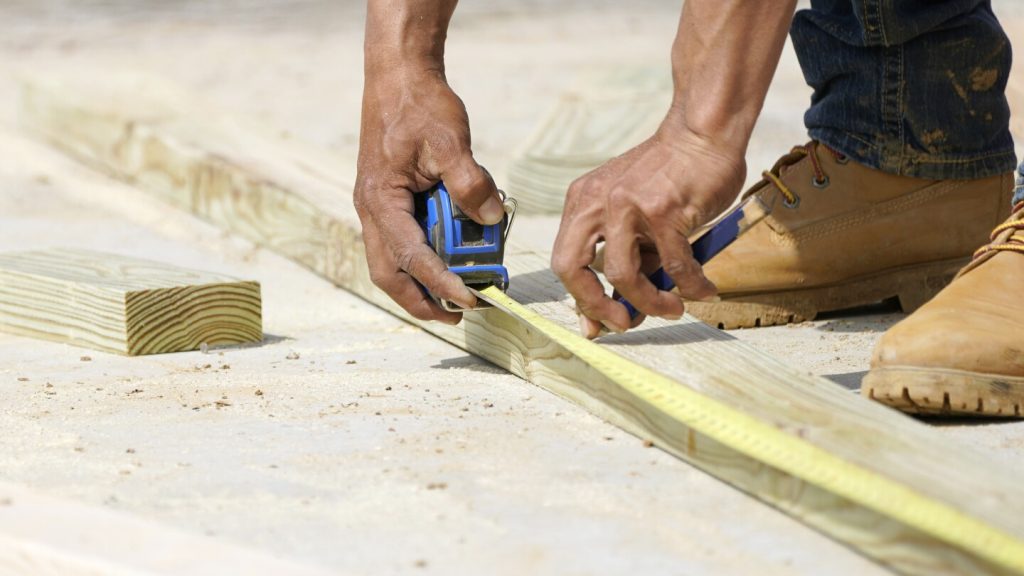The home improvement frenzy that took hold during the early days of the pandemic appears to be cooling down, according to the latest data from Harvard University’s Joint Center for Housing Studies. The report suggests that homeowner spending on renovations and repairs is expected to fall to $449 billion this year, marking a 7% drop from the previous year. This decrease in spending is attributed to factors such as high interest rates, stubbornly high inflation, and a national slump in home sales, which typically drive spending on upgrades and repairs in the first few years after a purchase.
One of the key drivers of spending on home improvements is home sales, as new homeowners often invest in upgrades to personalize their space. However, the current housing market is constrained by low inventory, rising mortgage rates, and increasing prices, leading to slower growth in home improvement spending. The JCHS report predicts continued declines in spending through the first quarter of 2025 but suggests a potential bottoming out of the market later this year. While this may result in easier scheduling with contractors, costs for construction, remodeling, and labor are expected to remain high.
To help homeowners manage costs in their next home improvement project, experts recommend considering the impact on home value, shopping around for contractors and materials, setting realistic expectations for delays, prioritizing maintenance tasks to prevent costly repairs down the line, and updating insurance coverage to account for renovations. By focusing on projects that offer a high return on investment, such as exterior upgrades, homeowners can maximize the value of their renovations. It is also important for homeowners to anticipate potential delays and budget accordingly, as unforeseen issues can arise during the renovation process.
Maintaining a proactive approach and staying informed about the renovation process can help homeowners navigate potential challenges and unexpected costs. By planning ahead, setting clear priorities, and working with reputable contractors, homeowners can ensure that their home improvement projects stay within budget. Additionally, investing in maintenance tasks, such as replacing siding or water-proofing outdoor structures, can help prevent costly repairs in the future. By taking these steps, homeowners can make the most of their renovation budget and protect their investment in their home.
As the home improvement market continues to evolve, homeowners should be mindful of changing trends and market conditions. By staying informed and seeking guidance from experts, homeowners can make informed decisions about their renovation projects and protect their investment in their property. Despite the current slowdown in home improvement spending, there are still opportunities for homeowners to enhance the value and functionality of their homes through strategic upgrades and renovations. By adopting a strategic approach and considering the long-term impact of their investments, homeowners can make the most of their renovation budget and create a space that meets their needs and enhances their property’s value in the long run.


